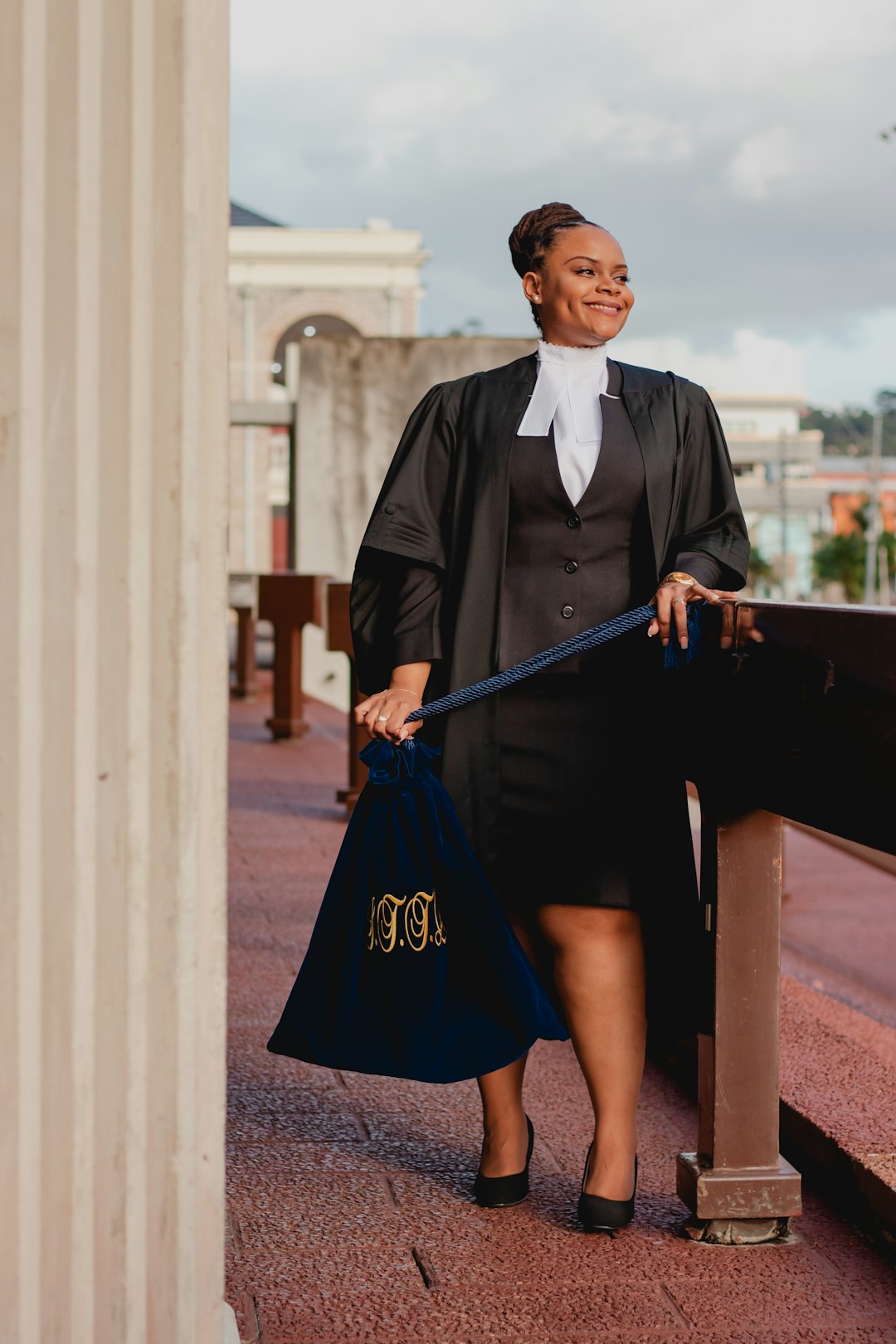Cross-examination in rape trials, crucial for a fair trial per California laws, scrutinizes victim testimony and evidence through questioning about event details, past relationships, and circumstances, aiming to provide a comprehensive understanding to the jury while protecting victims' rights with support from expert rape law firms in California.
In the complex landscape of rape cases, cross-examination plays a pivotal role in shaping outcomes. This critical process, governed by meticulous rules in Long Beach, California, involves a strategic battle between attorneys and witnesses. At a reputable rape law firm in California, understanding these dynamics is paramount. From unraveling complexities to safeguarding victims’ rights, this article breaks down the intricacies of cross-examination in rape trials, highlighting key strategies and considerations for all involved.
Understanding Cross-Examination in Rape Cases

Cross-examination is a critical phase in any legal proceeding, especially in sensitive cases like rape trials. In a rape case in Long Beach, California, this process involves the defense attorney questioning the accuser (plaintiff) to challenge the validity of their testimony. It’s a strategic move to uncover potential weaknesses or inconsistencies in the victim’s narrative, which may impact the jury’s perception and decision. The goal is not to humiliate but to test the evidence and ensure a fair assessment under the rape law firm California standards.
During cross-examination, the defense attorney can inquire about various aspects of the incident, including the sequence of events, any prior relationships with the accused, and the circumstances leading up to and following the alleged assault. This rigorous questioning aims to help the jury understand the context better and make informed judgments. It’s a delicate balance where both sides present their arguments, ensuring that justice is served in accordance with the rape law firm California guidelines.
Roles of Attorneys and Witnesses During Cross

During cross-examination in a rape case, two primary roles come into play: attorneys and witnesses. A rape law firm California often employs strategic questioning techniques to challenge the evidence and testimonies presented by the opposing side. Attorneys act as advocates for their clients, either the defendant or the victim, aiming to uncover facts that support their narrative while discrediting the prosecution’s case.
Witnesses, including the victim, witnesses to the crime, or expert witnesses, are questioned extensively to gather detailed information. The cross-examination process is crucial in rape cases as it allows for a thorough exploration of witness accounts, the credibility of evidence, and potential inconsistencies in statements made under oath. This dynamic interaction between attorneys and witnesses is essential to ensuring a fair trial within the framework of California’s rape laws.
Common Strategies Used by Defense in Cross-Exam

During cross-examination in a rape case, defense attorneys often employ several common strategies aimed at challenging the victim’s account and questioning the strength of the prosecution’s case. One frequent tactic is to scrutinize any inconsistencies or gaps in the victim’s story, trying to sow doubt in the jury’s mind about the credibility of their testimony. This may involve delving into the victim’s past, exploring potential biases, or examining the circumstances surrounding the incident to suggest that the victim’s memories might be inaccurate or influenced by external factors.
Another strategy is to present alternative explanations for the evidence, attempting to show that there are reasonable interpretations other than the victim’s version of events. This could include questioning the reliability of physical evidence, challenging witness testimonies, or suggesting that the accused’s actions were not as malicious as charged under California rape law. The defense may also try to humanize their client, painting them as a good person facing an unfair accusation, in an effort to gain sympathy from the jury and undermine the victim’s credibility.
Protecting Victims' Rights: Key Considerations

Protecting victims’ rights is a paramount concern during cross-examination in rape cases, especially with the guidance of an experienced rape law firm in California. In Long Beach, as in many jurisdictions, the court strictly enforces rules to ensure the victim’s well-being and privacy. This includes limiting direct contact between the defendant and the victim, both physically and visually, to prevent any potential retraumatization.
The presence of support services and professionals like counselors, medical experts, and advocacy groups is crucial. These entities assist victims in navigating the legal process, offering emotional support, and ensuring their rights are upheld. Moreover, a rape law firm in California can play a vital role in advocating for the victim’s interests, ensuring their voices are heard without exposing them to further harm or distress.






